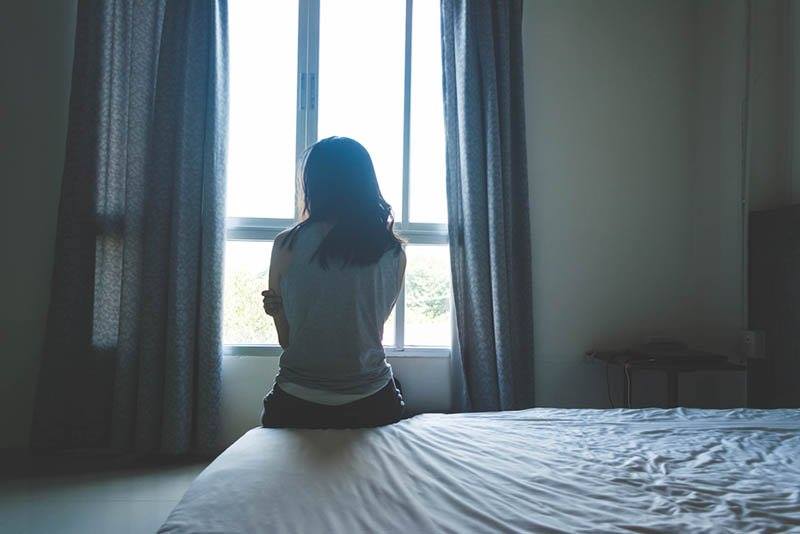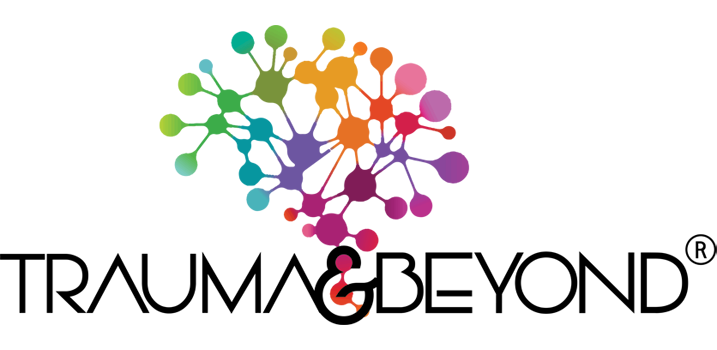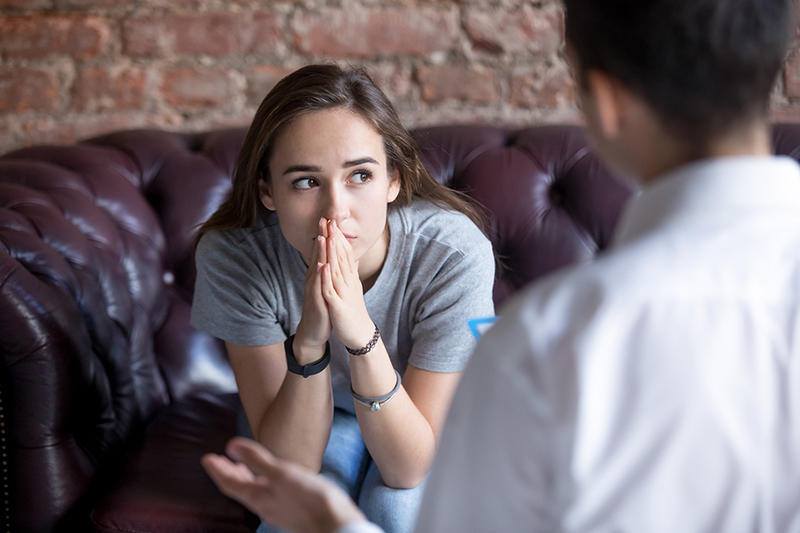There is a bizarre phenomenon going around–vivid dreaming during the days of quarantine. People across the globe have reported experiencing intense dreams (or nightmares) related to the virus, and a clear memory of the dream. While the current state of the globe is unique, researchers have an idea of why this anomaly exists.
The Coronavirus pandemic and its effects is unlike anything humans have ever experienced. From the uncertainty of the healthcare system’s capacity to support the public to a threat of economic devastation, the rapid change impacts everyone. By now, the majority of the globe has been exposed to the media’s portrayal of the crisis and people’s opinions about the widespread adversity. With the brain being bombarded with sensitive content that is sure to affect them in one way or many ways, it is no wonder sleep routines have been troubled.

Sleep and Anxiety
Research shows that people have been dreaming about contracting the virus, losing their jobs, seeing their loved ones, reconnecting with deceased people, engaging in activities they enjoy and miss, and watching curious surreal metaphorical images unfold. Although dreams are not always able to be understood, researchers say our dreams are connected to the memories the brain chooses to remember, and evolutionarily speaking, the brain will always choose memories that stir up emotions in order to foster survival.
What has been prevalent during this period of uncertainty, is anxiety. Understandably so. Lives have changed overnight. Some have lost their loved ones and their income, some are feeling the discomfort of isolation, and some are simply bored. Naturally, the anxiety is collectively infiltrating people’s subconscious, influencing the quality of sleep. When the brain feels overwhelmed and unable to digest the difficulties presented to it, it processes when unconscious. In other words, we are overcoming our stress and anxieties about the global crisis while we get our daily dose of shut-eye. Additionally, anxiety is known to cause “negative dream affect”, or upsetting and terrifying dreams.
Dreams and Collective Trauma
Compared to other widespread adversities in history, dreaming patterns of people affected by 9/11 and the Holocaust have some similarities. After the 9/11 attacks, the people studied showed an increase of emotionally-charged and profound dreams. Survivors of the Holocaust also reported dreaming heavily about their loved ones while imprisoned in concentration camps, whereas once they were reunited, their loved one’s appearance in dreams dwindled down. Though most of the world will be touched by this crisis, studies show those in closer proximity to the trauma will be the ones to have disturbed sleep. In relation to this epidemic, those on the frontlines and relatives of those on the frontlines are vulnerable to higher anxiety, trauma, and nightmares.
Those who have shifted to working from home may have more sleep readily available to them, and a higher chance of dealing with emotions through dreams. The longer a person sleeps, the more REM sleep a person has, which means they have longer periods to dream and a greater likelihood to recall the dream. But, the opposite is also true. If the brain is anxious and unable to sleep, causing insomnia, a person experiencing REM rebound or reaching REM quicker than one normally would to make up for lost sleep and thus make dreaming vivid too.
Finding the Help You Need
Having strange dreams is not a bad thing, the subconscious is trying to grasp information. However, if nightmares persist over a period of time, it is an indication of unresolved issues, including those of anxiety. To get help for Coronavirus-related dreams, try to seek out a therapist who can help you work through your anxieties and manage your day-to-day.
To learn more about how to treat anxiety in Los Angeles, call Trauma and Beyond Center ® at (818) 651-0725.

